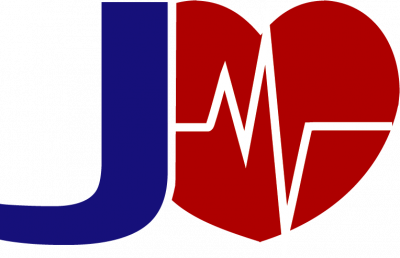Sars
Last updated: 6 Aug 2024 | 8179 Views |


![]()
Sars
It is the most severe form of respiratory crisis of pneumonia. Occurred for the first time in China in November 2002. Found most of the outbreak in Asia. But three vehicles can stop the outbreak in a year. 2003July Most infections occur in adults over 65. Patients with chronic diseases such as diabetes and heart disease, where the immune system is already weakened, is more prone to infection. Because SARS is a severe disease and causes a large number of deaths to four people. Therefore, it should be expedited to find the source of the epidemic. Diagnose and control the epidemic as quickly as possible.
cause
Caused by the corona virus, which is the same family that causes common colds. The vectors that bring the disease to humans are bats and musk Those who are in close contact can get the virus through respiratory, airborne transmission, including saliva, tears, urine, faeces, hugging and kissing, or sharing water and food with an infected person. And the infection is still spread by doorknobs, telephones, elevator buttons.
symptom
Some people have no duty But SARS often starts with the flu. 101 degrees Fahrenheit will have chills Muscle aches, headaches, dry cough, some have symptoms of lung infection. or lower than normal blood oxygen
diagnosis
diagnosed by symptoms and the risk factors found and the region where it is spread Blood and stool tests look for the virus. Finding antibodies and DNA is a standardized test.
treatment
Treatment is quite difficult. Respiratory care and possible complications may be required. In severe cases, patients must be admitted to the Observatory or ICU and need to give oxygen. and help maintain respiratory and lung function. Antibiotics are given to prevent and treat possible bacterial infections. for antiviral Can't cure SARS But it only helps to prevent complications that can occur and lead to death. Steroids reduce inflammation in the lungs.
Things to do
![]() You should wash your hands with soapy water or alcohol gel for disinfection
You should wash your hands with soapy water or alcohol gel for disinfection
![]() You should cover your mouth and nose while coughing or sneezing.
You should cover your mouth and nose while coughing or sneezing.
![]() Gloves and masks should be worn to prevent the spread of infection. For those suspected of being infected
Gloves and masks should be worn to prevent the spread of infection. For those suspected of being infected
![]() Follow the instructions or warnings after at least 10 days after your symptoms have improved.
Follow the instructions or warnings after at least 10 days after your symptoms have improved.
![]() Children should be at home if they have a fever or respiratory problem for at least 10 days after being in close contact with an infected person.
Children should be at home if they have a fever or respiratory problem for at least 10 days after being in close contact with an infected person.
![]() Be sure to know about the region or source of outbreak of SARS and other diseases where you live. And make sure you get proper prevention and treatment advice while abroad.
Be sure to know about the region or source of outbreak of SARS and other diseases where you live. And make sure you get proper prevention and treatment advice while abroad.
don't do
![]() Do not eat, drink, use towels. or sharing a bed with an infected person
Do not eat, drink, use towels. or sharing a bed with an infected person

Related content
Mononucleosis
16 Aug 2023
aspiration pneumonia
13 Jul 2023
Acute Bronchitis
13 Jul 2023
Smoke inhalation
6 Oct 2025










